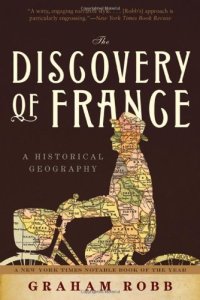. One of the many delightful windows into the past are travel guides. One I love is English as She is Spoke; The New Guide of the Conversation in Portugues and English, in Two Parts. (The publishers have added: Being a comprehensive phrasebook of the English language written by men to whom English was entirely unknown.) It was originally published in 1855.
One of the many delightful windows into the past are travel guides. One I love is English as She is Spoke; The New Guide of the Conversation in Portugues and English, in Two Parts. (The publishers have added: Being a comprehensive phrasebook of the English language written by men to whom English was entirely unknown.) It was originally published in 1855.
Such books give us a rare glimpse into what was considered essential vocabulary at the time. On page 3, we have the “Ages” for example: “the infancy,” the puerility, the youth…
We’ll fly over adolescence, virility , maturity to get to: the decay, the oldness, the age decrepit and the decayedness. (I wonder where I fit?)
Under familiar phrases, we find:
Approach near the fire.
Let us go to respire the air.
Warm my bed.
The spy-glass is good for nothing.
That wood not burn.
This room is filled of bugs.
I should kill you to the blows with a stick.
I am catched cold in the brain.
In The Discovery of France (a book I love), Grahm Robb quotes from Madame de Genlis‘ guide book, which lists, as well, a number of essential phrases every traveler will be apt to need in Germany:
This horse is worthless. It is restive. It is skittish. I am decidedly loath to take it.
Can one place a harp in its carrying case on the luggage rack?
Gently remove the postilion from beneath the horse.
One must avoid passing through forests at dusk or at night.
Postilion, stop, the brakes must be attached.
I Googled for the essential phrases I need for travel today:
May I have the bill, please?
Where can we change some money?
Help!
Is there a police station nearby?
What does this say about our culture?


